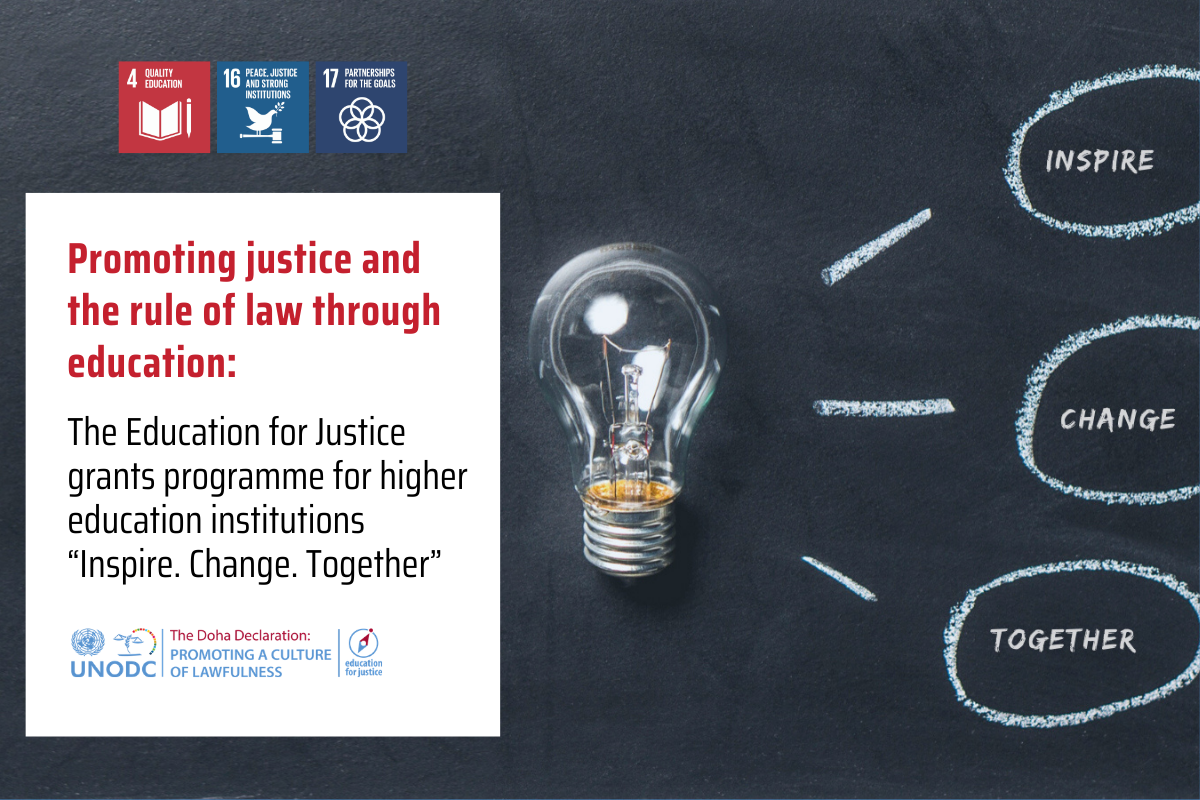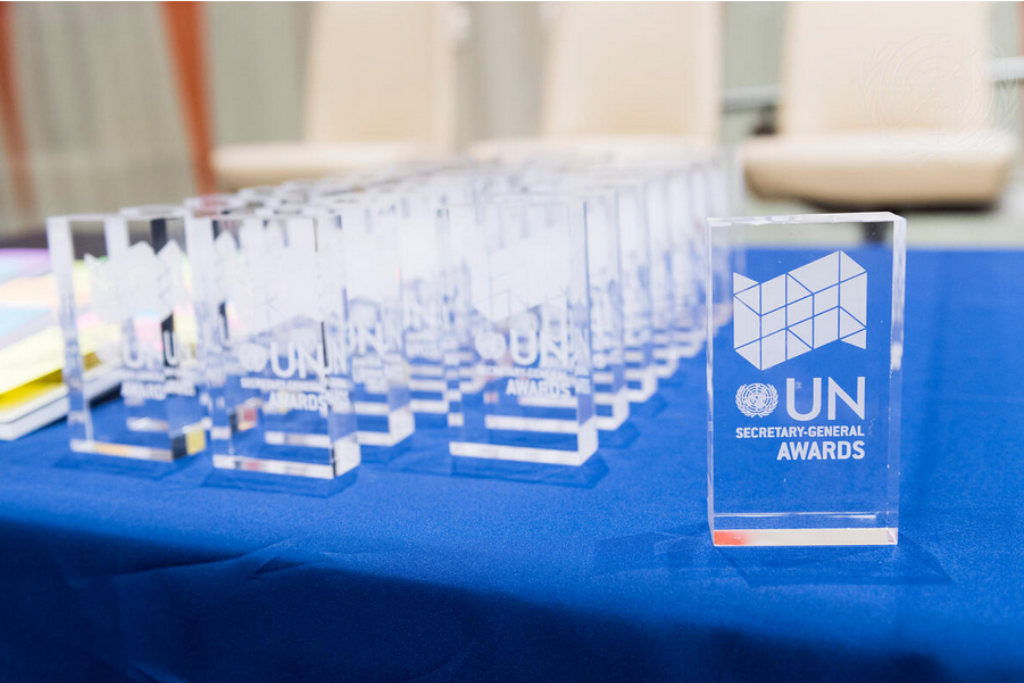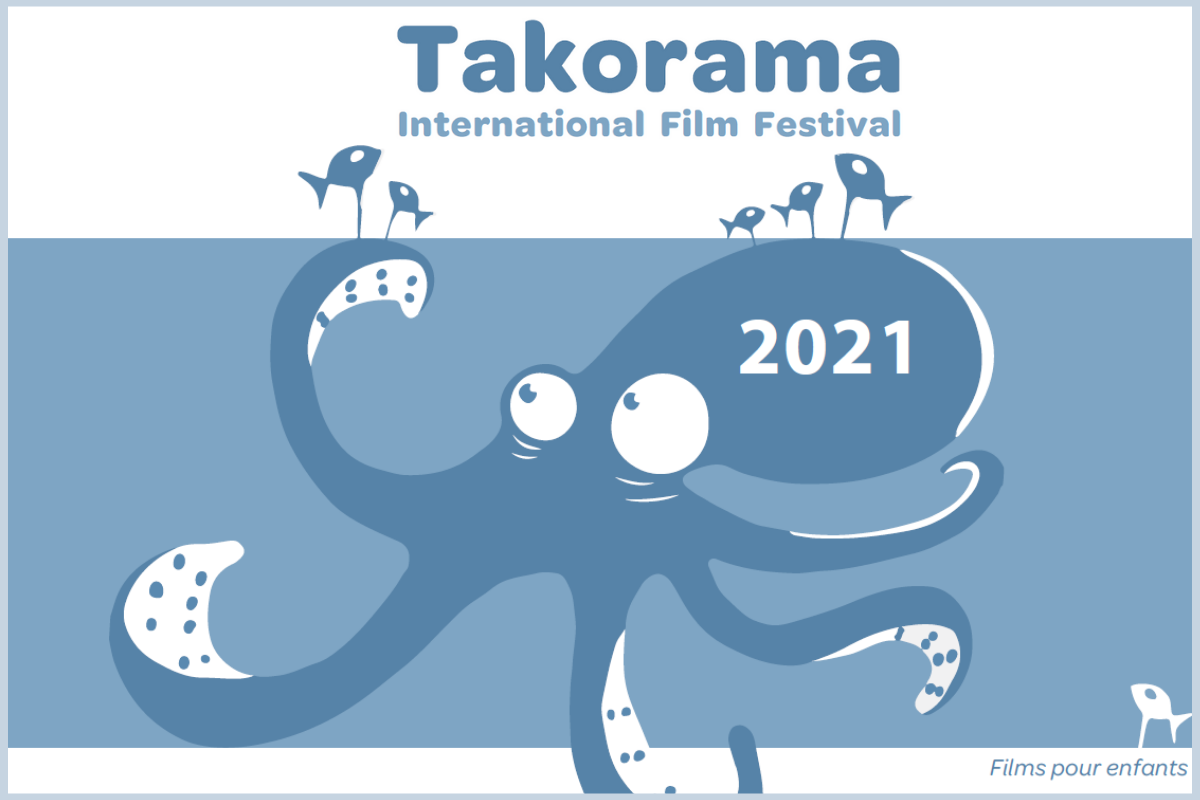Bringing up a corruption-free generation with E4J in Uzbekistan

03 September 2019 - By acting with personal integrity and making ethical choices, everyone has a role in preventing corruption. And while children may not know it, they too have a place in changing the world by making the right, lawful decisions. Therefore, it is critical to instil in young boys and girls the values which build resistance to corruption, teaching them not only about the good and the bad, but also how to identify crime and criminal activities, and to make relevant and effective tools available to all children.
These ideas were at the core of a workshop held last week by the Ministry of Public Education of Uzbekistan and UNODC's Regional Office for Central Asia. The workshop, 'Strengthening the pedagogical potential in the field of education for justice,' brought together 34 teachers from Tashkent, in the Andijan region, and from the Aral Sea area of the Republic of Karakalpakstan, to introduce them to the tools on integrity and crime prevention of the Education for Justice (E4J) initiative for the secondary level pupils.
"President Shavkat Mirziyoyev, in his latest statement, highlighted the role of teachers in bringing up the young generation, in nurturing their love to the motherland, and in knowing about their rights and responsibilities. The E4J initiative helps achieve the latter," said Akbar Tagaev, the Head of Department in the Ministry of Public Education.
|
The objectives of the seminar included promoting a culture of lawfulness among secondary students, through E4J material, and helping them identify, prevent and resolve moral and legal dilemmas; it also aimed at encouraging students, in their position as citizens, to take a more active role in crime prevention in their future professions and in society at large.
"The Global Programme for the Implementation of the Doha Declaration has allowed us to educate young children on a culture of lawfulness through the E4J initiative. It is important to use proper tools to achieve feasible results, and the initiative provides games, cartoons and various other tools. But we are looking forward to hearing your ideas and feedback, because the success of these activities also depends on you," remarked Koen Marquering, International Coordinator of UNODC's Regional Office for Central Asia.
E4J is one of the four components of the Global Programme for the Implementation of the Doha Declaration. Its secondary education work supports public schools in introducing international evidence-based practices and rule of law knowledge, with a focus on subject areas such as integrity and ethics, rights and responsibilities, anti-corruption, crime prevention and criminal justice.
"E4J materials emphasize the need to teach children anti-corruption behaviour from a young age. Moreover, they use particular tools showing how to beat this crime," said Mavjuda Imiyaminova, Deputy Principal of School Number 2, Izboskan district, Andijan region.
The seminar is the latest stage of a fruitful long-term cooperation between the Ministry of Public Education of the Republic of Uzbekistan and UNODC, and it opens up new opportunities for teachers in using interactive approaches with students, as well as in adapting and integrating E4J modules into existing or new training courses.
"Having participated in this workshop, my team of eight talented teachers and I are going to transfer our knowledge to the teachers of Andijan region, our home region. The team also came up with the initiative to volunteer in the Ferghana and Namangan regions to hold sessions for local teachers," added Gulkhayo Omonova, Deputy Head of Andijan Region Department of Public Education.
Additional information:
Global Programme for the Implementation of the Doha Declaration
Education for Justice (E4J)


